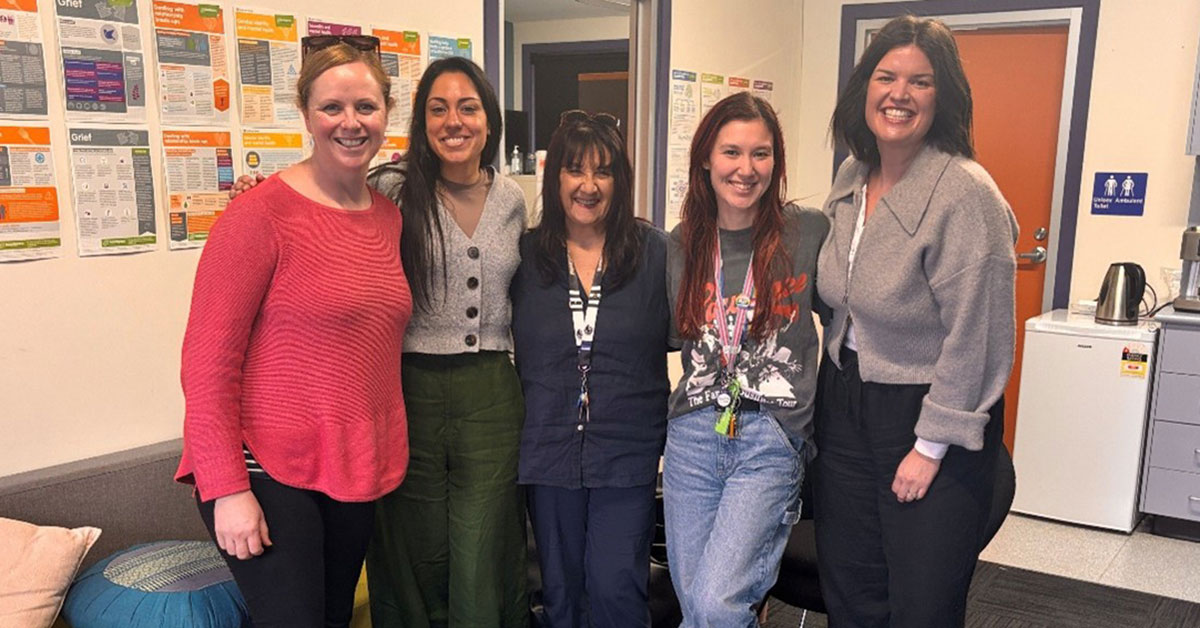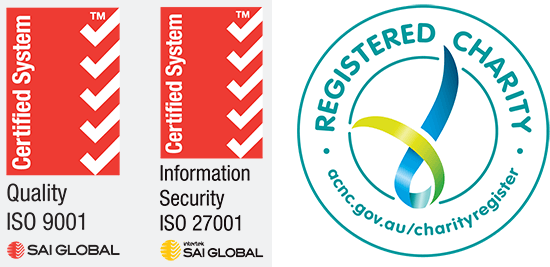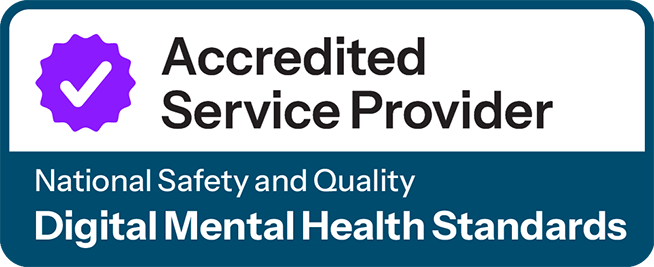
Sexually transmitted infection (STI) is a topic laden with stigma, especially for teenagers.
In order to break through the communication barriers that often ring-fence the subject, in June 2024 a nurse and general practitioner set up a one-day STI pop-up clinic for senior students at Footscray High School.
Nurse Ashlea Randle and Dr Balvinder Khaira comprised the campus Doctors in Secondary Schools (DiSS) team.
The Footscray team is commissioned by the Youth Support + Advocacy Service (YSAS).
“We established the clinic with the goal of creating a safe, confidential, and supportive space for young people to discuss their bodies, relationships, contraception, sexual health, and personal safety,” said Ashlea, who led the exercise.
“No appointments were needed. Students were offered the opportunity to engage in open conversations and access non-invasive STI screening using self-collected swabs or urine samples.
“The focus was not only on testing but also on empowering students with accurate information and encouraging responsible decision-making around their sexual health.”
The results were very encouraging – and at times a little unexpected.
“Some students attended alone, but interestingly quite a few came in groups, pairs or couples,” said Ashlea.
“As an example, one friendship group of seven female students attended together, leading to several spot urine STI checks and some insightful group discussions.
“I offered a private consultation with all who attended. Most were happy to just speak with me. A few also wanted to also speak with the GP. The nurse-led model worked very well in this case.”
Beyond testing, the clinic encouraged open, judgement-free conversations, helping to normalise sexual health as a part of overall wellbeing.
Word of the clinic quickly spread among the student body, producing a subsequent uptick in the number of students presenting with questions related to sexual health. A second pop-up clinic was held in 2025.
“The results are a clear sign that the clinic helped build trust and awareness around the support services available,” said Ashlea.
“The success of this pilot suggests a strong need for accessible, school-based sexual health services, and highlights the importance of meeting young people where they are — physically and emotionally.”
To find out more about the Doctors in Secondary Schools program, see this NWMPHN webpage.





